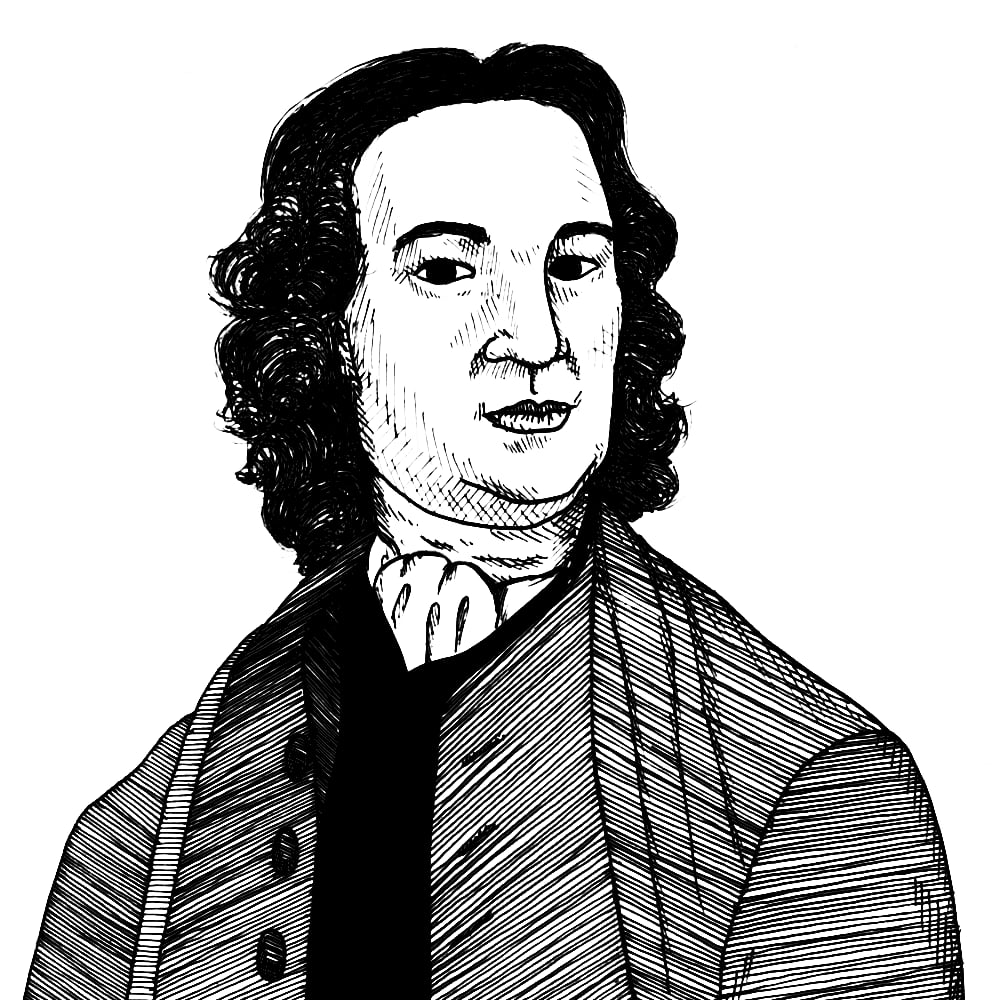
Thomas Gordon on standing armies as a power which is inconsistent with liberty (1722)
Found in: A Discourse of Standing Armies (1722)
Thomas Gordon, who also wrote under the name of Cato, was an adamant opponent of standing armies, seeing in them a key method of undermining ancient English liberties as he argues in his Discourse of 1722:
War & Peace
There are but two Ways in Nature to enslave a People, and continue that Slavery over them; the first is Superstition, and the last is Force: By the one, we are perswaded that it is our Duty to be undone; and the other undoes us whether we will or no. I take it, that we are pretty much out of Danger of the first, at present; and, I think, we cannot be too much upon our guard against the other; for, tho’ we have nothing to fear from the best Prince in the World, yet we have every thing to fear from those who would give him a Power inconsistent with Liberty, and with a Constitution which has lasted almost a Thousand Years without such a Power…